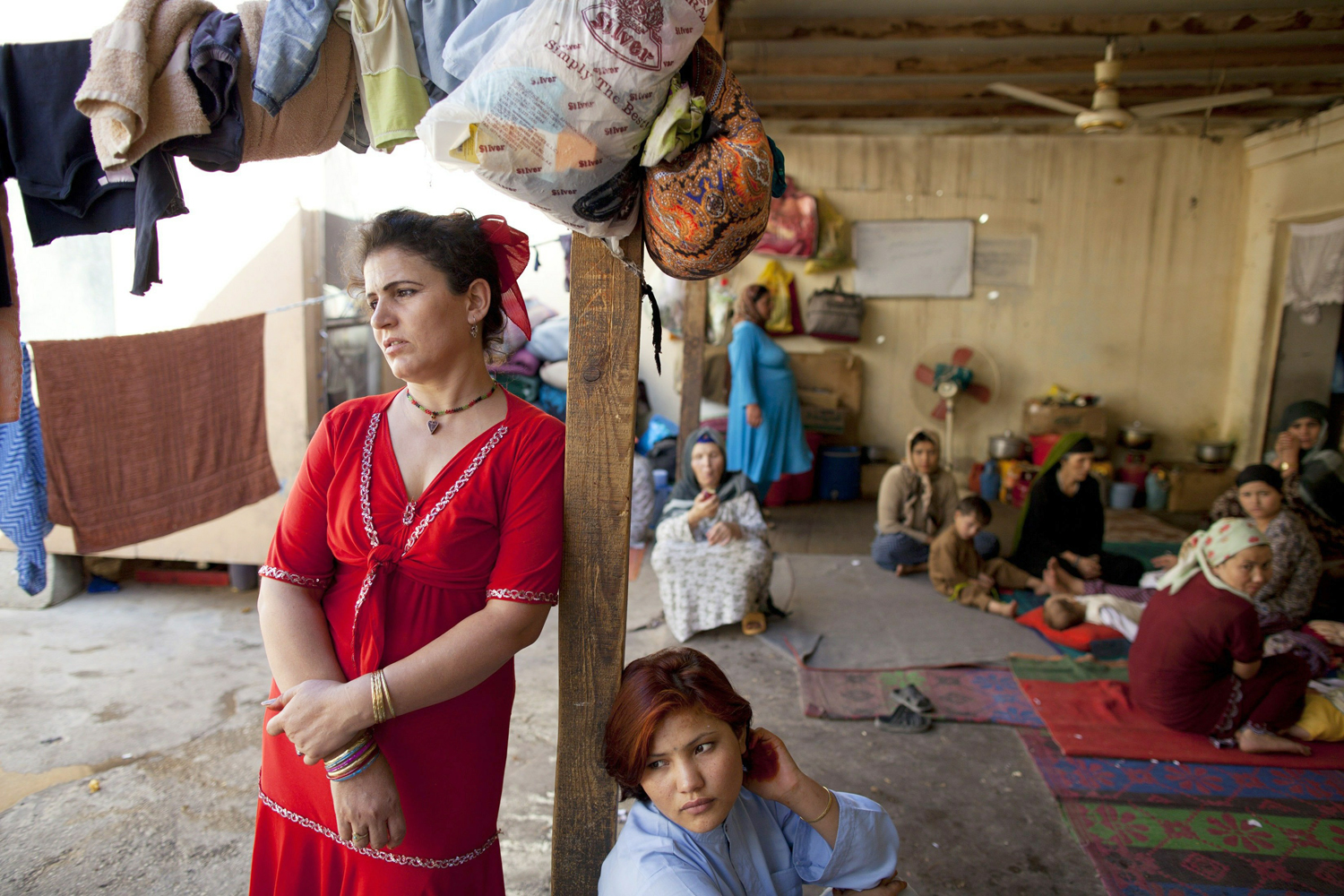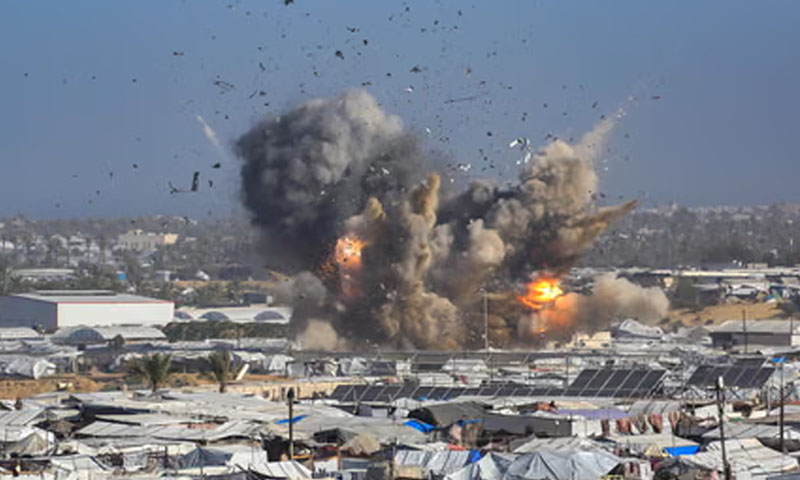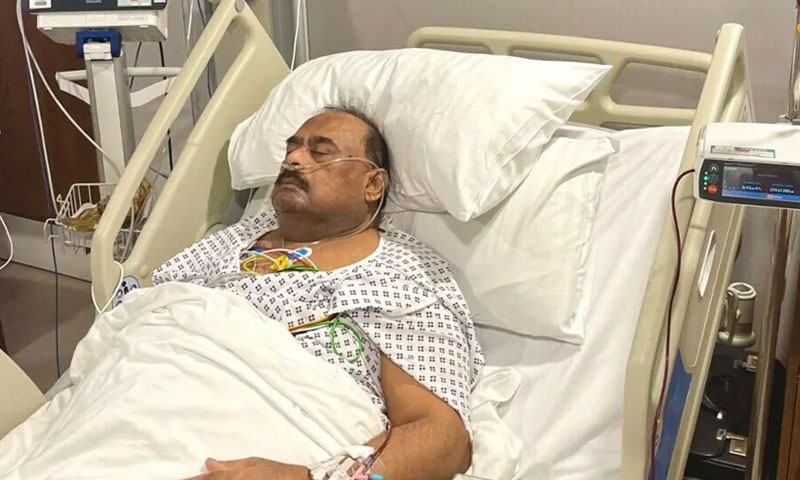- Web Desk
- Feb 04, 2026
Over 500 women languishing in Afghanistan prisons: officials
-

- Web Desk
- Jul 08, 2023

KABUL: More than 500 women are languishing in Afghanistan’s prisons on various charges, ranging from murder and adultery to drug trafficking and running away from home, officials at the Prisons Administration of Afghanistan said.
The officials said that the total number of prisoners in the country’s prisons across the country is over 17,000, most of whom were men.
Afghan prisons are overcrowded and lack basic facilities such as health care, education and vocational training.
The deputy head of the Office of the Prisons Administration, Habibullah Badar, said that based on the decree of the Islamic Emirate’s leader, Mullah Hibatullah Akhundzada, issued in August, the officials in the prisons have been instructed not to punish or torture the prisoners.
He said that they have also released some prisoners who had completed their sentences or had minor offences.
Badar said that there were no political inmates in Afghanistan’s prisons. He said that all those who were arrested for opposing or fighting against the Taliban have been pardoned and freed.
However, some former government officials and security personnel have reportedly gone into hiding or fled abroad for fear of reprisals from the Taliban.
“The number of women in the prisons is between 500 to 550. Some are being detained and some are released … We are trying to release them if their crime is less,” he said.
According to a UN report, most of these women are victims of domestic violence or forced marriages. Many of them have been convicted by traditional courts that do not follow due process or respect women’s rights. Some of them have been accused of moral crimes by their own families or communities.
According to TOLONews, olitical analysts and human rights activists said that the male and female prisoners should be provided with equal rights and opportunities for rehabilitation and reintegration into society.
They said that the Taliban should respect the international standards and conventions on the treatment of prisoners and ensure their access to legal aid, health care, education and vocational training.
“The right of a prisoner is that efforts should be paid for their reform. As you see in other countries, prisons are like universities. There are educational programs and when they are released to society, they are disciplined,” said Javid Momand, a political analyst.
“The women in the prisons have the right to have access to their families, lawyers and human rights organizations and the right to defend themselves,” said Ruqia Sayi, a women’s rights activist.
However, the situation of women prisoners remains bleak under the Taliban rule. Many of them have been denied contact with their families or lawyers.
Some of them have been transferred to unknown locations or subjected to harassment or abuse by the prison staff. Some of them have been pressured to marry Taliban fighters or repent for their crimes.
The Taliban have also closed down some women’s prisons that were built with the help of Western donors in Kabul and other cities.
These prisons had offered some facilities and services to women prisoners, such as healthcare, education, vocational training and recreational activities. The fate of these prisons and their inmates is unclear.




